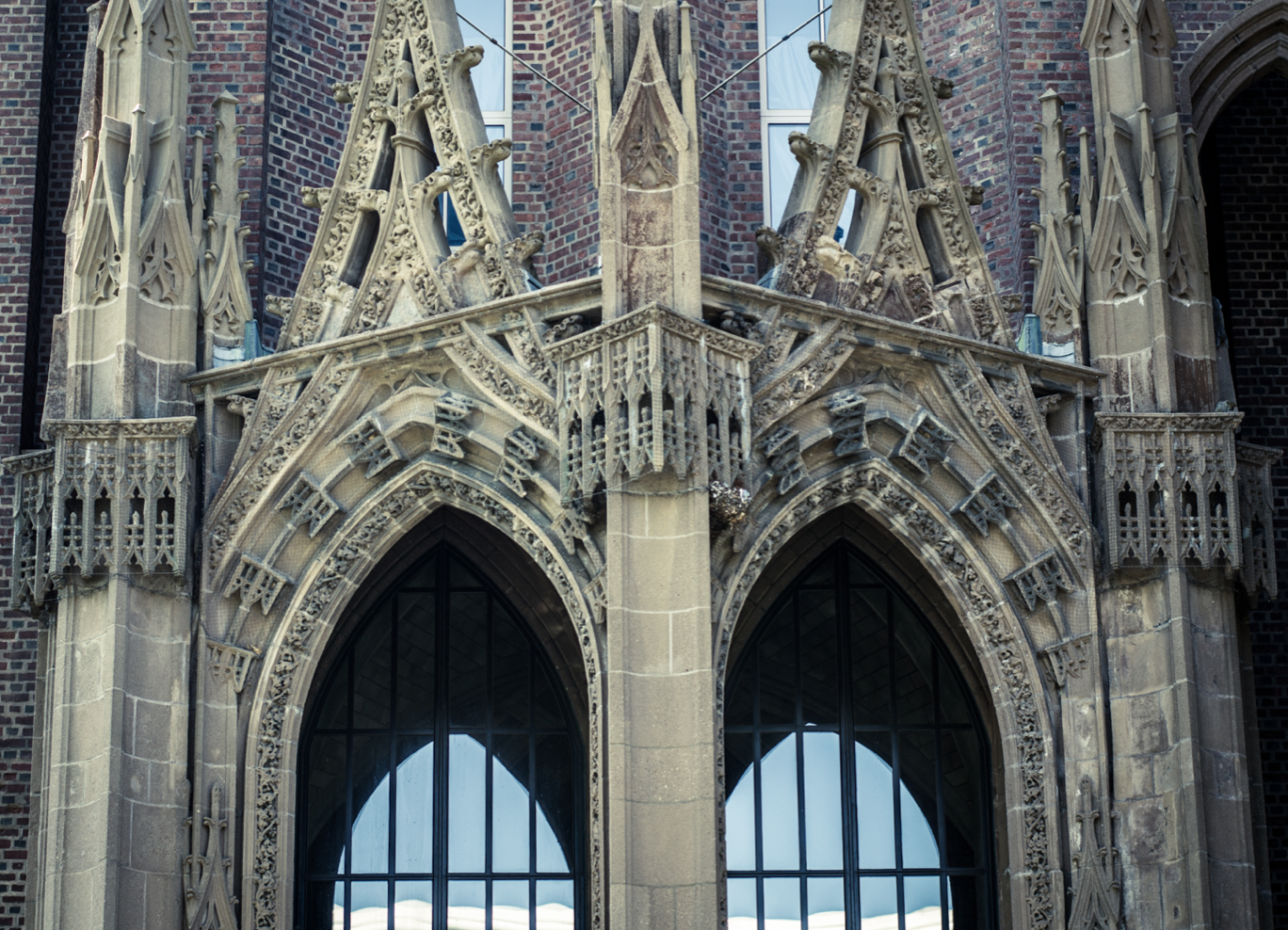2020 by the numbers:
Looking back, looking forward
Last year, national media outlets descended upon Yale as the campus was rocked by a series of controversies.
In October 2015, there was the email former Silliman College administrator Erika Christakis sent to the college regarding cultural appropriation and Halloween costumes, prompting a debate on free speech and cultural sensitivity. That same weekend, students alleged that a fraternity had discriminated against people of color at its party. Across campus, frustration mounted, leading to multiple public confrontations between administrators and students, and a “March of Resilience” which brought more than 1,000 to Cross Campus.
As fall gave way to winter, debate did not slow, and announcements by President Peter Salovey in April — that Calhoun College would keep its name, that Yale’s newest colleges would be named after Benjamin Franklin and Pauli Murray LAW ’65 and that Yale administrators once known as residential college “masters” would become “heads of college”— have complicated the perceptions of Yale held by its newest class.
In a survey distributed to freshmen, the News gauged the class of 2020’s perspectives on these campus debates. Almost 1,000 members of the class responded, yielding a response rate of 69 percent. The results were not adjusted for selection bias.
The class of 2020 entered freshman year strongly opinionated on the issues that dominated campus last year. The current freshmen demonstrated a thorough understanding of the conflicts and the events that precipitated them, evident in the open response section of the survey.
An overwhelming majority of the class of 2020 was aware of the fall 2015 protests that roiled Yale’s campus. More than half of the respondents indicated that they followed the protests in national media outlets. Respondents were able to select all choices which applied to them, and of the 490 students who said they followed the protests, 188 read campus publications and an additional 162 spoke to current students about them.
“When you’re an adult and you don’t have personal connection to Yale, you tend to place more trust in national media,” Aidan O’Connor ’20 said. “I think it’s very important to reject the false narratives — as President Salovey talked about [in his freshman address] — of media bias.”
Students who followed the protests in campus publications overwhelmingly read the News. Just under 30 percent of respondents also read the Yale Herald, and 13 and 7 percent read the Yale Politic and DOWN Magazine, respectively.
The freshman class was divided on the four decisions announced by Salovey in April. Overall, the class of 2020 was against keeping the name of Calhoun College, in favor of naming one of the new colleges after Murray, split on naming the other new college after Benjamin Franklin. Freshmen were either neutral or in support of changing the title “master” to “head of college.”
Yet multiple freshmen interviewed said that the fiery debate on campus regarding these issues did not deter them from matriculating to Yale. Instead, those controversies spurred in these students a greater interest in engaging with their peers at Yale.
“If anything, it made me more excited,” Jasmine Kennedy ’20 said. “It showed me how outspoken Yale students are and how passionate they are. I had heard about how Yale was very liberal and very progressive, so I wasn’t surprised but was impressed.”
With regards to students’ feelings toward the name Calhoun, there did not appear to be a significant difference between the opinions of students in the college and students in the other 11. 42 percent of the 72 Calhoun students who took the survey said they viewed the decision to keep the college’s name unfavorably, 24 percent said they viewed it favorably and 31 percent said they were neutral. Classwide, those numbers were 44, 21 and 27 percent, respectively.
“The whole controversy last year about [Calhoun] College was one of the reasons why I hesitated to come to Yale,” Larissa Nguyen ’20 said. “I found it really ironic when I was placed in Calhoun.”
Although the class of 2020 was, overall, tuned into last year’s events on-campus, a large number — 241 — indicated they were unfamiliar with Pauli Murray, saying they did not have enough information to view her college either favorably or unfavorably.
Students reported feeling similarly ambivalent on a host of statements about free speech, racism, Greek life, sexual assault and mental health. While opinions on these issues were split, there were two questions in particular in which respondents skewed one direction or the other.
According to their responses, students believed that varsity athletes are less likely to be punished for sexual misconduct than nonathletes and that Yale is adequately equipped to support students’ mental health needs.
Controversial topics aside, nearly all freshmen interviewed expressed excitement and trepidation for the next four years.
“The reason I chose Yale is because I see more diversified ideas and values on the campus, which I really appreciate,” Luwei Xiong ’20 said. “We can’t live in a bubble within our own ideas, we have to learn to respect others’ opinions and try to understand each other.”


